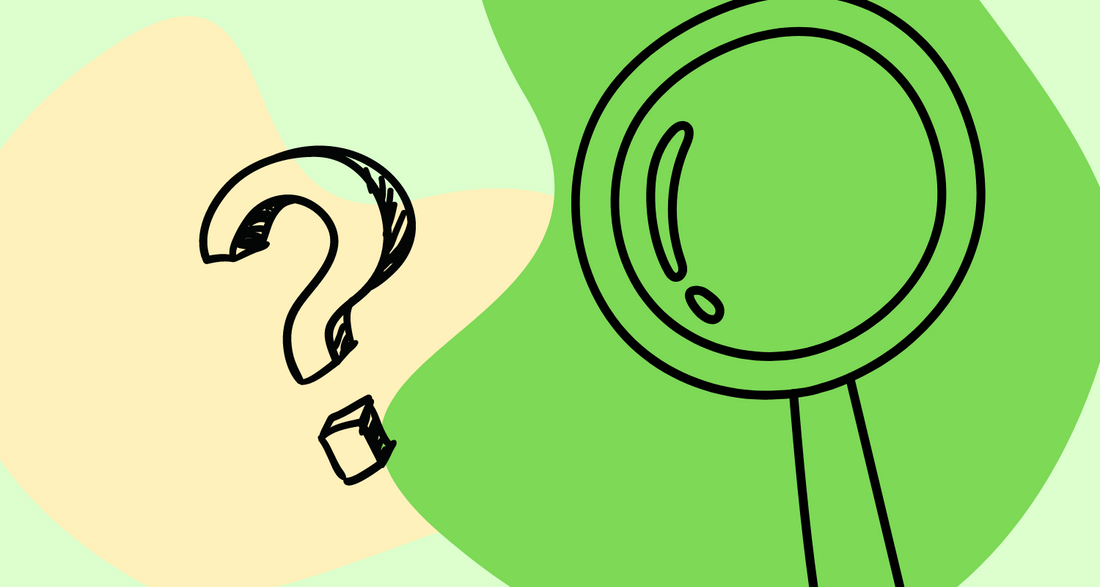
What is matcha tea? Everything you need to know
We all know what green tea is. Most of us also know that matcha is also green tea. But not everyone will tell you exactly what matcha tea is and how it differs from regular green tea, which is usually much cheaper.
What is matcha tea?
In short, matcha tea is a powder of specially grown young green tea leaves. Although matcha seems to be a relatively recent addition to most people's lives, don't be fooled - it is a very old drink, steeped in deep tradition and with impressive health benefits. Matcha tea has been enjoyed by the ancient Chinese since the 8th century, and from the 12th century it became popular in Japan, where it became an important part of the culture. Learn more about the history of matcha here .
How is it different from regular green tea?
The only real similarity between matcha and green tea is that they both come from the same plant. You can read more about how matcha differs from green tea here . It can be said that the process of growing and processing matcha is different from standard green tea. Due to this difference , matcha acquires a unique taste, additional nutritional value, and costs more. Also, when you drink matcha, you ingest the whole tea leaf, so you get all the nutritional value of the green tea plant.
What does it taste like?
Although made from green tea leaves, matcha is sweeter and milder than regular green tea. An important element of matcha's flavor is that it has a much more interesting and stronger Umami flavor than regular green tea. People also often describe matcha as having a "grassy" smell and taste. Our matcha tea has a mild taste, making it suitable for beginners. However, its taste may not be to everyone's taste, so we recommend you try different flavors of our matcha tea.
Caffeine content
Matcha tea has much more caffeine (about 35-70 mg) than regular green tea (about 28 mg), so matcha can be a great alternative to a daily cup of coffee , which contains an average of about 100 mg of caffeine.
Matcha is energizing but not anxiety-inducing
In terms of caffeine content, matcha tea is between green tea and coffee. Although there is slightly less caffeine in matcha tea, the L-theanine present in it corrects the effect of caffeine and distributes its absorption more evenly. This means that matcha's caffeine effect works differently than coffee - energy rushes in easily, it stimulates the body longer, but does not cause any unwanted effects, such as trembling hands or anxiety. Learn more about the caffeine in matcha tea .
Health benefits of matcha
Due to the exclusive and unique cultivation and production process, matcha tea has a much higher nutritional value than ordinary green tea. It is rich in antioxidants, vitamins and minerals, and daily consumption of matcha tea has incredible effects:
- optimizes brain activity;
- improves the work of the heart;
- regulates weight;
- lifts mood;
- cleanses the liver.
Learn more about the health benefits of matcha tea .
Different ways to enjoy matcha tea
Matcha tea can be drunk with water just like regular tea, but as the drink has grown in popularity, there are many different ways to prepare it. Using different plant-based milk options or regular milk, it can be a warm creamy drink or a cold refreshing cocktail. Macha can be used in cooking breakfast porridge, making various baked goods and sweet dishes.
Matcha tea can be enjoyed for its taste or for its effects, making it easy to incorporate into your daily routine.
Discover recipes and ways to enjoy matcha tea here .




